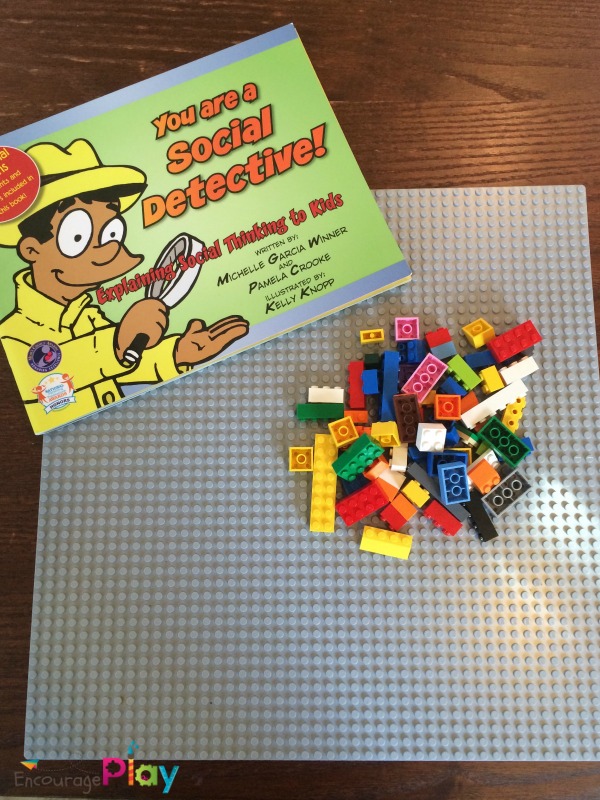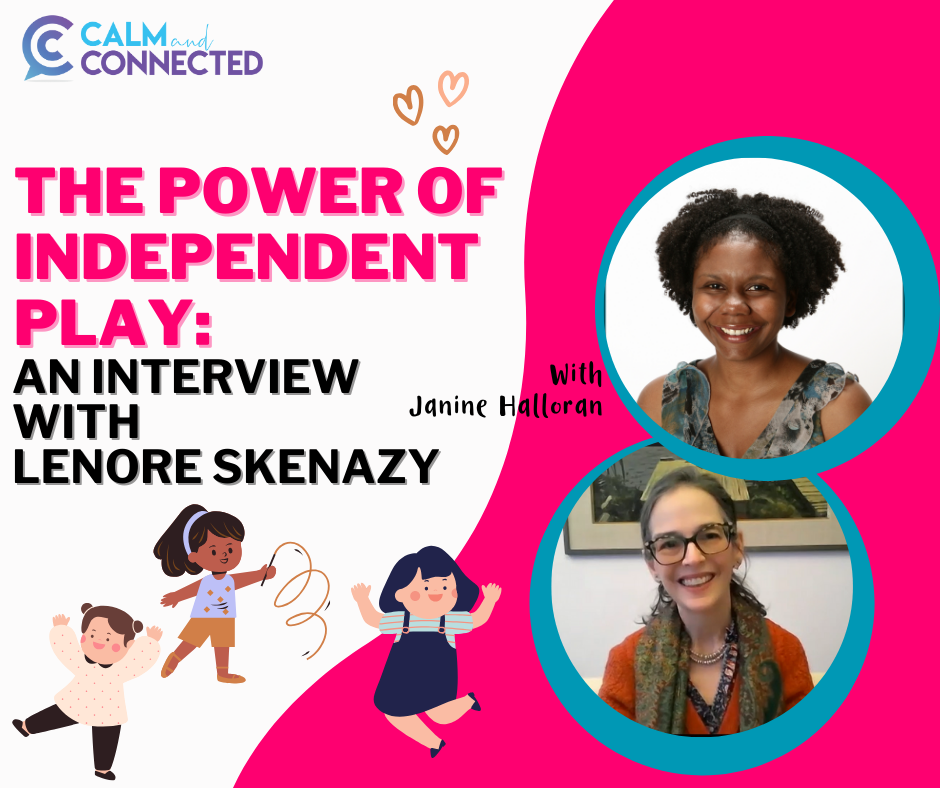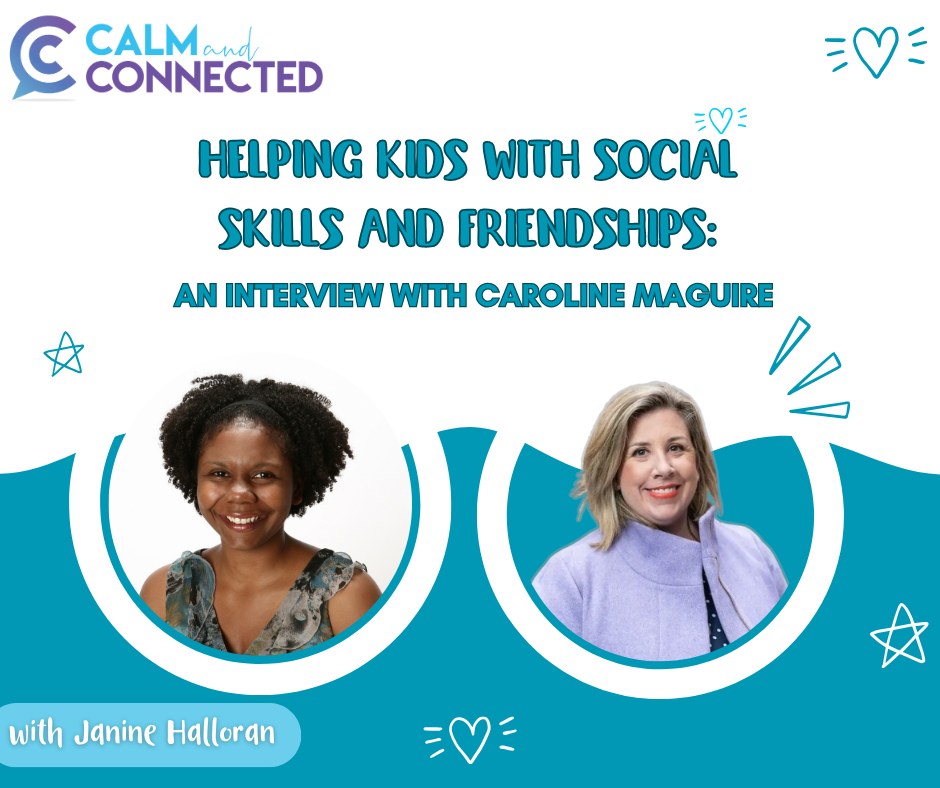This post contains affiliate links - please read my disclosure policy for more information.
You are a Social Detective is a great introduction to Michelle Garcia Winner’s Social Thinking® written especially for kids who struggle in social situations. The book is divided into 3 different sections. Whenever I use this book as a teaching tool, I read one section at a time.
The first section
This part of the book focuses on having different kinds of smarts, including school smarts and social smarts. It discusses how we use social smarts all the time, whenever we are around others. This is so important for kids to understand. You need to be using your social smarts anytime you’re around others. This section also focuses on expected behaviors and the consequences of those actions. If we do things that are expected, other people feel good and want to be around us more.
The second section
This part focuses on unexpected behaviors and the consequences of those actions. If we do unexpected things, other people may not want to play or be around us as much.
The third section
This part is focused on the concept of a Social Detective. We use clues all the time to figure out what’s going on and what’s expected in a social situation.
For example: A child returns to a classroom a few minutes after lunch, and the room is silent. The child isn’t sure what to do or what’s going on. They need to be able to pick up on certain clues to figure it out and do what’s expected. Are all the other students writing? Or reading? What is the teacher doing? Is there something written on the board? All these clues will help a child figure out what to do next.
Social smarts is just one of the smarts you have, and it’s a skill you can build. You just need more tools in your toolbox to help understand what’s happening around you. And you can practice and build on those skills.
The best place to practice and hone skills is in real life situations. People can teach and talk about social strategies in isolation, but actually using those strategies in real life is challenging. It’s best to use teachable moments, like working in groups, on play dates or at home with family to really demonstrate what to do.
In a couple of my social groups, I started setting up group challenge projects as a way to practice social strategies and build social smarts. I’d love to say I came up with this brilliant idea on my own, but it started organically in one of my groups.
At the beginning of my groups, I would always let the kids have a few minutes to relax and hang out before we got started. One day, a group member brought in a remote controlled toy. The kids were having a great time playing with it and then they decided that they wanted to make a ramp for it. They came up with the goal of building a ramp for the toy and getting this toy to the bottom without it falling off. They kept working on the ramp cooperatively as a group for a long time (maybe 25 -30 minutes!).
I chose to be flexible, threw my own plans out the window, and focused on what they were doing. They were working really well as a group, communicating with one another, listening to each others ideas, and figuring out a solution together.
It went so well that I decided to integrate it into future lessons with the group.
The only rule was that they had to work together in pairs or as a group. Sometimes it would go wonderfully well. Other times they needed some more direction and help. Every time they were working on their social strategies and practicing real life scenarios. Here are a few challenges you can use at home or at school to prompt a teachable moment (these are all real challenges I used when working in groups).
Lego Challenge
Set out some legos with a big lego mat and a couple of marbles.
The prompt: Create a maze that goes from one side of the mat to the other, but not in a straight line.
Games Challenge
Place two or three games on the table. Have the kids pick what game they are going to play, who is going to go first, and then have them play the game. This is a great opportunity to see how kids manage all the different steps of playing a game. By being there, you can step in if you need to and help kids figure out how to manage different issues that come up. For instance, one kid wants to play mancala and another wants to play connect four. How do you solve the problem?
Treasure Hunt & Puzzle Challenge
Create a treasure hunt. The kids have to work together as a team to go through and find each clue. They have to make sure everyone gets a turn to read a clue. Along the treasure hunt they get pieces of a puzzle. Once the treasure hunt is finished, work as a group to put together the puzzle using the pieces they found.
Tinfoil and Pipe cleaner Challenge
Work in pairs to build the highest tower they can using only pipe cleaners and tinfoil. Wait to see some really interesting creations :-)
Kids learn best through play. Using these challenges they can have fun and work on social skills at the same time. They’ll have a good time, but they’ll also learn how to play with others, and you’ll be there to help and step in if things didn’t go as smoothly.













